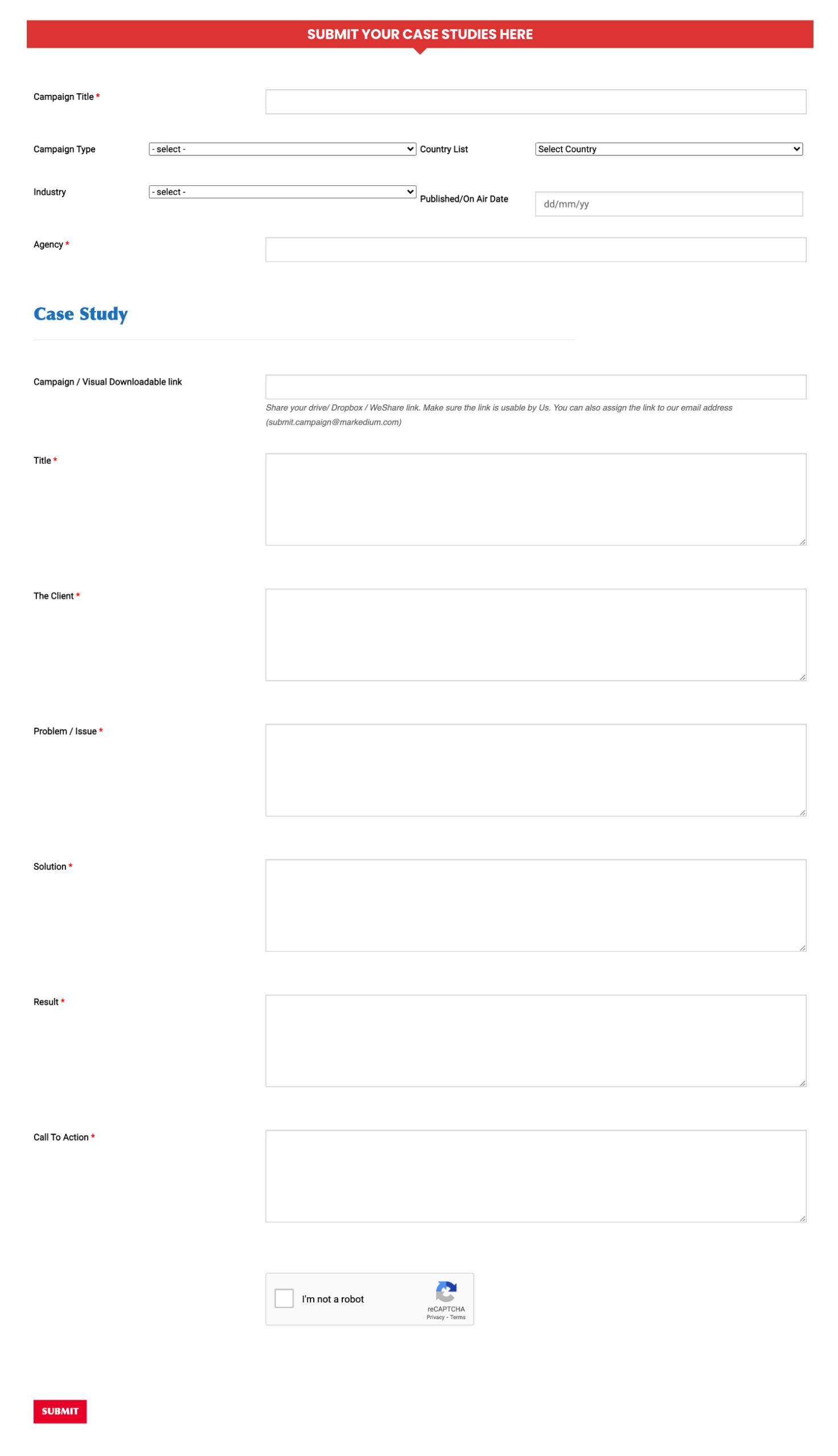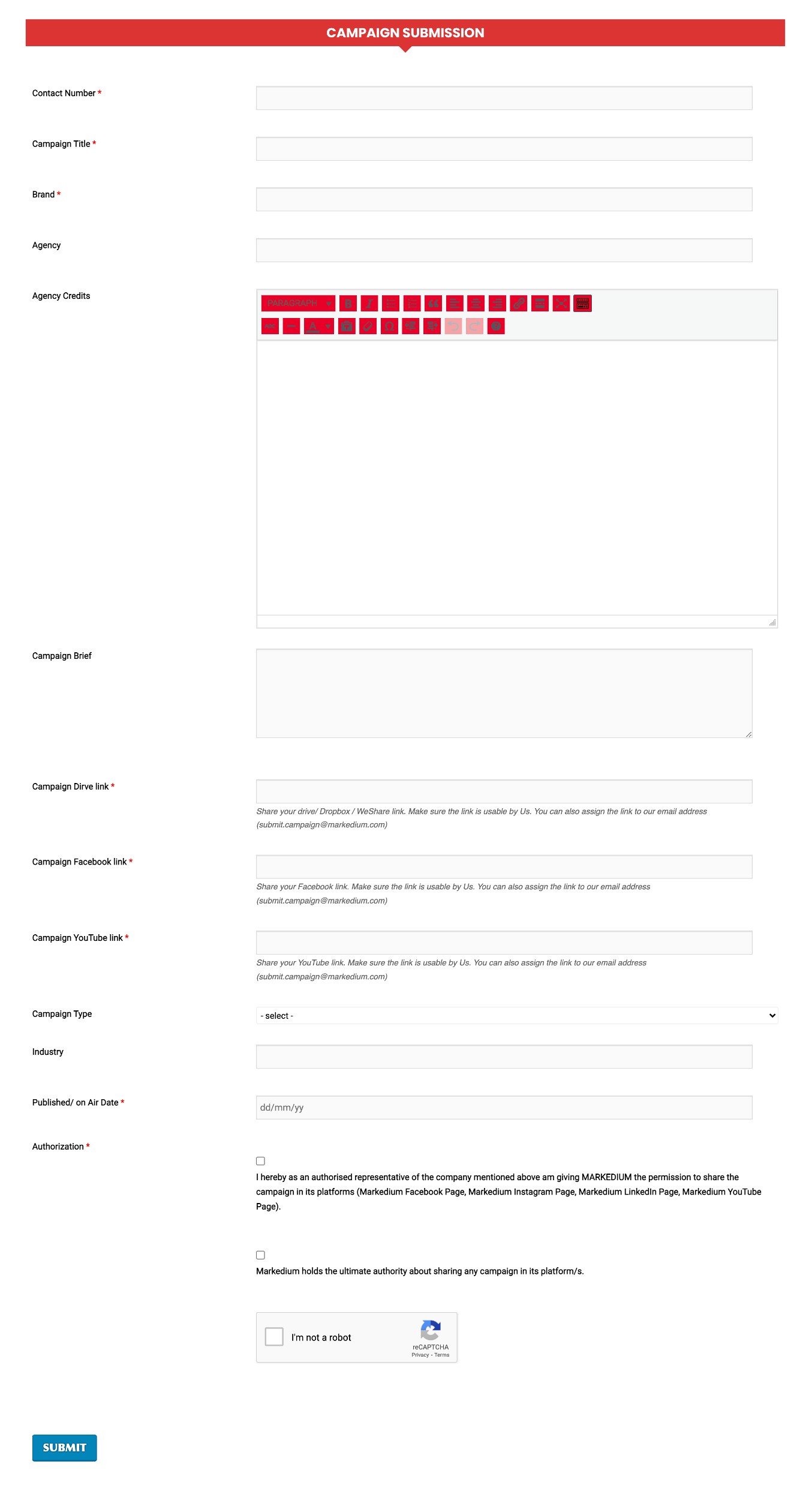
Bangladesh Lifts Import Taxes on Sunflower and Canola Oils to Tame Prices2 min read
In a strategic move to stabilize domestic edible oil prices and bolster supply, the National Board of Revenue (NBR) has eliminated all import taxes on sunflower and canola oils. This tax relief is effective immediately and will remain in place until March 31 next year, according to an NBR announcement reportedly.
The decision follows a recommendation from the Bangladesh Trade and Tariff Commission (BTTC), which urged the government to lower import duties on these oils to diversify cooking oil options and ease the burden on consumers grappling with persistent inflation.
By removing these tariffs, import costs for sunflower and canola oils are expected to drop by Tk 40 to Tk 50 per litre, potentially providing much-needed relief to households.
Read more: Natura Care Unveils Grow Hair Oil to Fight Hair Fall Nationwide
The edible oil market in Bangladesh has faced rising prices over the last three months, driven by higher global rates and shrinking palm oil production in Malaysia and Indonesia. These two major producers are increasingly channeling palm oil toward biodiesel, further tightening supply.
Currently, Bangladesh relies heavily on imports to meet its annual demand of around 23 lakh tonnes of edible oil. Recent market data from the Trading Corporation of Bangladesh shows that on Sunday, unpackaged palm oil averaged Tk 156.5 per litre, marking a 23% year-on-year increase. Prices for soybean oil have also surged, with packaged varieties becoming scarce due to supply shortages.
To address this, the BTTC recently proposed a 25% regulatory duty on crude and refined rice bran oil exports to boost domestic availability.
The NBR also announced a significant reduction in value-added tax (VAT) on sunflower and canola oil imports to 5%, aligning it with the VAT rate for palm and soybean oils.
Previously, crude sunflower oil imports were subject to a 31% duty, with refined sunflower oil taxed at 32%. For raw canola oil, total import duties were 37%, climbing to a steep 58% for the refined version. The removal of these taxes is expected to incentivize imports and make these oils more accessible to consumers.
This policy shift highlights the government’s efforts to counter inflationary pressures and ensure a steady supply of essential cooking oils in the local market.
For more updates, be with Markedium.


